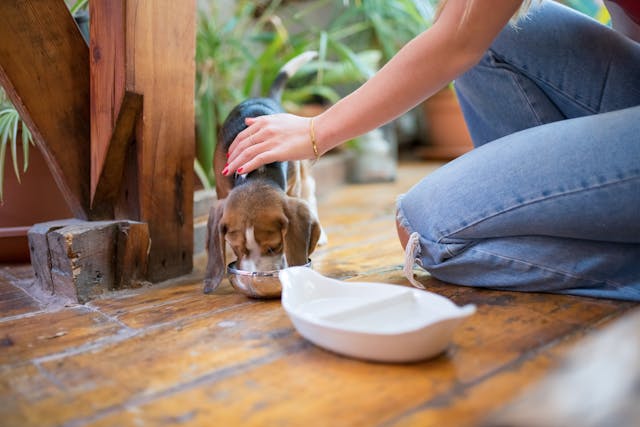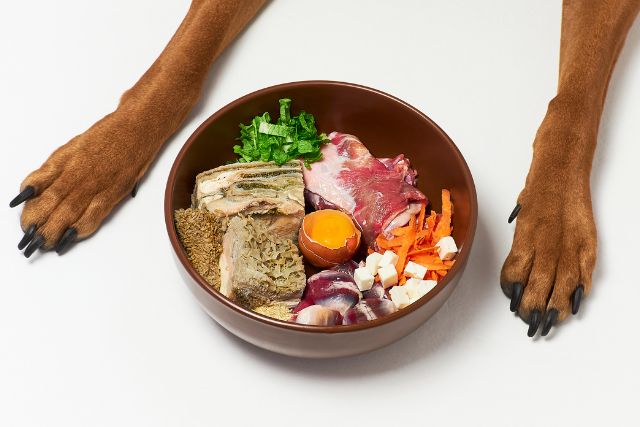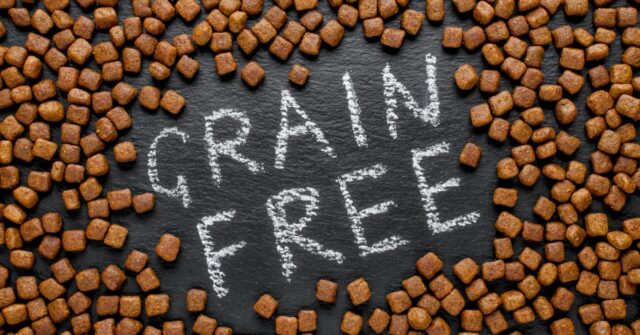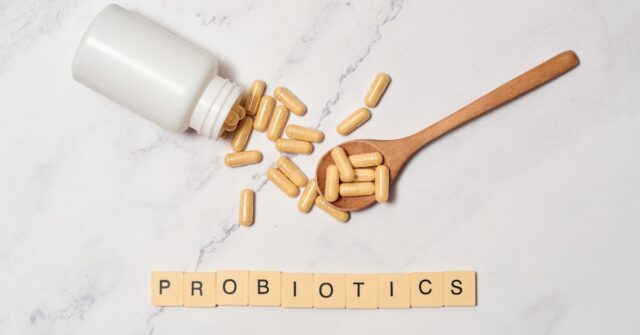As a new or seasoned puppy owner in Australia, understanding the nutritional requirements of your furry friend is paramount.
Proper nutrition during the early stages of a dog’s life ensures they grow up strong, healthy, and live a fulfilling life.
This guide will walk you through the nuances of feeding your puppy, keeping the Australian context in mind.
The Importance of Proper Nutrition for Puppies
Nutrition is the foundation of a puppy’s health, playing a pivotal role in their overall growth, immune system, and well-being.
When your puppy gets the right nutrients, they’re better equipped to lead a healthy and active life.


Why Nutrition Matters During Puppyhood
Puppyhood is a critical developmental stage. The food your puppy consumes can influence their bone structure, muscle development, cognitive growth, and even temperament.
The right balance of nutrients ensures that your puppy develops optimally and prevents potential health issues in the future.
Growth and Development: The Role of Diet
The diet plays a direct role in how well a puppy grows. Calcium and phosphorus, for example, are essential for bone growth, while protein aids in muscle development.
Without the right nutrients, puppies might face stunted growth or developmental issues.
Building a Strong Immune System Through Diet
Puppies are vulnerable to various diseases and infections.
A well-balanced diet fortified with essential vitamins and minerals helps boost their immune system, equipping them to fend off potential health threats.
Understanding Puppy Nutrition Needs
It’s crucial to comprehend the specific nutritional needs of puppies to ensure they receive a balanced diet. This involves understanding the roles of different macronutrients and micronutrients in their diet.
Macronutrients: Proteins, Fats, and Carbohydrates
Proteins are the building blocks for puppies, aiding in muscle and tissue formation.
Fats provide energy and support cognitive functions, while carbohydrates offer energy and are a source of fibre which aids digestion.
An appropriate balance of these macronutrients is vital for holistic puppy growth.


Vitamins and Minerals: Essential for Puppy Growth
Vitamins like A, D, and E play diverse roles, from vision support to bone growth. Minerals like calcium and phosphorus are essential for bone development.
It’s vital to ensure your puppy’s food contains these essential vitamins and minerals in the right proportions.
Water: The Overlooked Essential
Water is critical for a puppy’s metabolism, digestion, and temperature regulation. Ensure that your puppy always has access to fresh, clean water, especially during the hot Australian summers.
Australian Puppy Feeding Guidelines
Feeding guidelines may vary depending on the country or region due to different breeds, climates, and available foods. Here’s a closer look tailored for Australian puppy owners.
Specific Needs of Australian Breeds
Australian breeds like the Australian Terrier, Kelpie, and Cattle Dog may have unique nutritional requirements based on their activity levels and genetic makeup.
Understanding these needs ensures your Australian breed gets the right nutrition.
Considering Australia’s Unique Climate
The Australian climate, especially during summer, can be sweltering. It’s essential to adjust your puppy’s water intake and diet during these times to keep them hydrated and energised.
Popular Australian Puppy Diets and Trends
Over the years, various diets like raw feeding and grain-free have gained popularity in Australia.
While some offer benefits, it’s essential to research and consult with a vet to determine what’s best for your puppy.
Choosing the Right Puppy Food
With a plethora of puppy food options available, selecting the right one can be daunting. Here are some guidelines to help you navigate this choice.


Commercial Puppy Foods: What to Look For
When selecting commercial puppy food, look for ones that meet the AAFCO standards.
Ensure it’s appropriate for your puppy’s size and breed, and always check the ingredients list to ensure high-quality components.
Home-Cooked Meals: Tips and Recipe Ideas
While home-cooked meals can provide a wholesome diet, it’s essential to ensure they’re balanced.
Including a mix of lean meats, vegetables, and grains, and always consulting with a vet or a pet nutritionist can guarantee your puppy gets all the essential nutrients.
Raw Diets: Benefits and Precautions
Raw diets have gained traction in Australia, but they come with risks and benefits. While they can provide natural nutrition, potential bacterial contamination is a concern.
If considering a raw diet, thorough research and consultation with experts are a must.
Common Feeding Mistakes and How to Avoid Them
Mistakes in feeding can have long-term impacts on your puppy’s health. Being aware of these pitfalls can help you avoid them.
Overfeeding and Underfeeding: Finding the Balance
Striking the right balance is crucial. Overfeeding can lead to obesity, while underfeeding can stunt growth.
Monitoring your puppy’s weight and consulting feeding charts or a vet can help determine the right portion sizes.


Choking Hazards and Unsafe Foods
Some foods can pose a choking risk or be toxic for puppies. Foods like grapes, chocolate, and certain nuts should be avoided. Always ensure any treats or toys are an appropriate size to prevent choking.
Avoiding Food Allergies and Intolerances
Some puppies may develop allergies or intolerances. Symptoms can include itching or digestive issues. If you suspect your puppy has a food allergy, consult with a vet for guidance.
Feeding Schedule and Portion Control
Consistency is key when feeding your puppy. Establishing a routine and monitoring portion sizes can ensure they get the nutrition they need without overeating.
How Often Should You Feed Your Puppy?
Younger puppies typically require multiple small meals a day. As they grow, this can be reduced to two meals a day. Always refer to feeding guidelines specific to your puppy’s age and weight.
Determining the Right Portion Size
Portion sizes depend on factors like your puppy’s age, weight, activity level, and the type of food they’re consuming.
Using a measuring cup and regularly weighing your puppy can help in maintaining appropriate portions.


Transitioning to Adult Food: When and How?
As puppies grow, their nutritional requirements change. Generally, by the age of 12 months, many dogs are ready to transition to adult food.
It’s essential to make this change gradually, mixing in increasing amounts of adult food with their puppy food over a week or so.
Supplements and Treats: Do Puppies Need Them?
While a well-balanced diet should provide all the necessary nutrients, there are times when supplements or treats can be beneficial.
The Role of Supplements in Puppy Nutrition
Most puppies on a balanced diet don’t require supplements. However, in certain situations like deficiencies or health issues, supplements like fish oil or glucosamine can be beneficial.
Always consult with a vet before adding any supplements to your puppy’s diet.
Choosing Healthy Treats for Your Puppy
Treats can be an effective training tool, but they should be used in moderation. Opt for healthy options without additives or excessive salt and sugar.
Always ensure that treats are an appropriate size for your puppy to avoid choking risks.


Feeding Challenges and Solutions
Every puppy is unique, and you may face specific feeding challenges. Recognising and addressing these challenges early can prevent long-term issues.
Picky Eaters: Tips to Encourage Eating
Some puppies can be fussy about their food. Introducing variety, warming up the food, or adding a tasty topping can make meals more appealing.
If your puppy consistently refuses to eat, consulting with a vet is crucial.
Handling Digestive Issues
Loose stools or constipation can be a sign of dietary issues. Ensuring enough fibre in their diet, providing ample water, and regular vet check-ups can help address and prevent digestive problems.
Addressing Weight Concerns: Overweight and Underweight Puppies
Keeping your puppy at a healthy weight is crucial for their overall health.
Regularly weighing your puppy, adjusting portion sizes, and ensuring an appropriate amount of exercise can help maintain an optimal weight.
If you have concerns about your puppy’s weight, seek advice from a vet.
Consulting with Veterinary Nutritionists
While most general vets have a good understanding of pet nutrition, veterinary nutritionists specialise in this area, offering in-depth insights and tailored advice.


The Role of a Veterinary Nutritionist
These experts can provide specific dietary recommendations, address unique nutritional challenges, and even formulate custom diets for puppies with specific health concerns.
Finding a Trusted Veterinary Nutritionist in Australia
There are various certified veterinary nutritionists across Australia. Referrals from your regular vet or researching reputable Australian vet associations can help you find a trusted expert.
When to Seek Expert Advice
If your puppy has unique dietary needs, shows signs of allergies, or has chronic digestive issues, it might be time to consult a veterinary nutritionist for specialised advice.
Conclusion: Raising a Healthy Puppy in Australia
Your puppy’s health and happiness largely depend on the nutrition they receive.
By equipping yourself with knowledge, consulting experts, and monitoring your puppy’s growth and well-being, you can ensure they thrive and enjoy a fulfilling life in the beautiful Australian environment.


Key Takeaways for Responsible Puppy Care
Feeding is more than just providing food; it’s about understanding and meeting your puppy’s unique nutritional needs.
By paying attention to portion sizes, food quality, and feeding frequency, you can pave the way for a healthy adulthood for your furry friend.
Additional Resources for Australian Puppy Owners
For more in-depth insights, consider joining Australian puppy owner forums, attending local pet workshops, and continuously engaging with your local vet or pet nutritionist.
Remember, a well-nourished puppy is a happy and healthy puppy.










